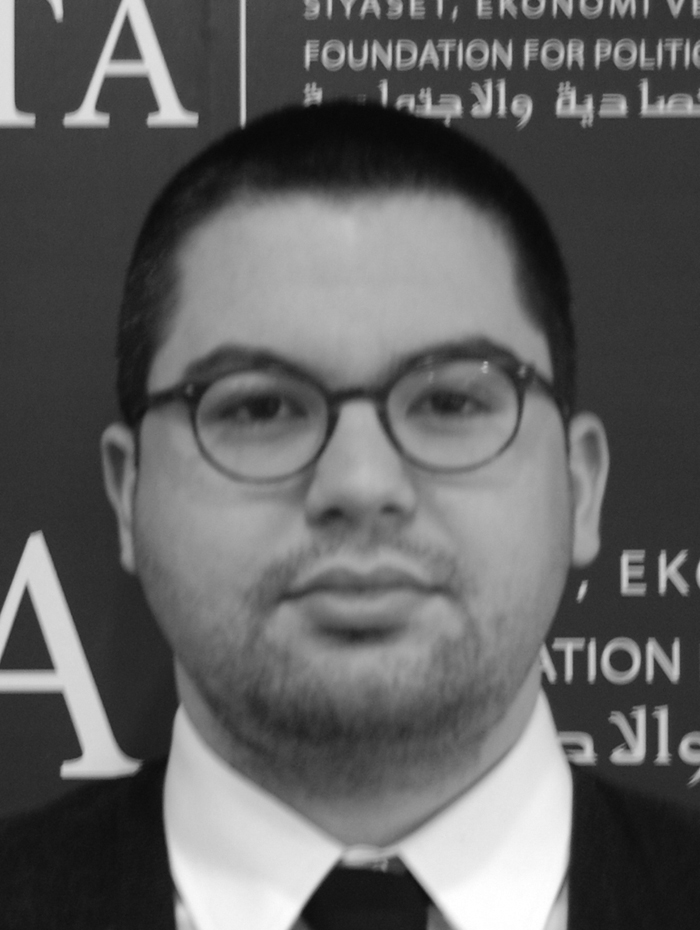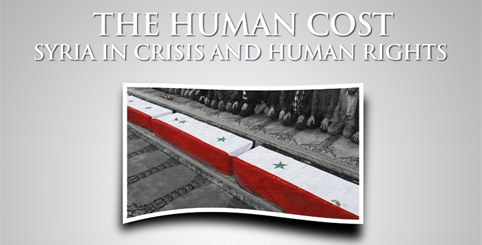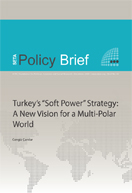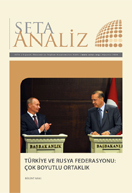Following weeks of heated debate, Parliament passed an education reform bill that has increased the duration of compulsory education from eight to 12 years and added elective courses on the Quran and the Prophet Muhammad’s life to an existing list.
Commonly referred to as 4+4+4, the new education system, as argued by its proponents, allows greater flexibility, while critics maintain the decreased size of a core curriculum will result in societal disintegration and claim that the government has a secret agenda to raise a more religious generation.
A remnant of a bygone era, when Turkish politics operated within the dichotomy of secular and reactionary politics and civilian rule was informally overseen by military commanders, education in Turkey has traditionally served as an ideological battleground between a secularist modernizer class and an opposing political tradition that attempted to reconcile Kemalist ideology with popular sentiments and practices. Although contested with reference to an age-old paranoia that Islamist parties are a threat to the republic, the reform may undo spatial and social divisions between the country’s secularists and conservatives, and serve to bring about a new, cross-party identity.
The contemporary debate on Turkey’s education system crystallizes several antagonisms in the country’s republican past. First and foremost, public discourse hinges on the imam-hatip educational institutions, which transformed from religious vocational schools for prospective imams to a safe haven for religious-conservative families who wanted their children to be educated in religious matters. A source of contention, these were introduced in the late republican-party era in an attempt to counter the rising challenge of the Democrat Party (DP), which eventually governed the country between 1950 and 1960. While Turkey’s current main opposition party, the Republican People’s Party (CHP), emphasizes its role in establishing these schools in the first place, the ruling Justice and Development Party (AK Party), which traces its political lineage to the DP, supplements its pro-reform position with reference to greater flexibility and equal opportunity.
Another aspect of the current debate relates to the military’s now-loosened control over civilian governments, as the previous education model was introduced with considerable pressure from Turkey’s armed forces, which had positioned themselves as the stronghold of a rigid strand of secularism. Manifesting itself in the National Security Council’s (MGK) Feb. 28, 1997 resolutions, military guardianship over politics identified Islamism as a threat to the republic and proceeded to sponsor a number of education-related measures, including the headscarf ban in universities and eight-year compulsory education. Not surprisingly, Prime Minister Recep Tayyip Erdoğan presented the reform bill as a move to “shelf the final mark of the Feb. 28 period.”
However, reforming Turkey’s education system symbolizes not only an end to weak civilian institutions but also represents an opportunity to bridge the gap between secularists and conservatives in the country. Indeed, 10 years of AK Party rule both utilized and entrenched an emerging middle class of devout Muslims who came to penetrate social spheres previously inaccessible to them. From physical spaces such as high-end shopping malls and gated communities to the more symbolic consumption habits and status symbols, new money has so far helped narrow the socio-political gap, thus forging a more integrated society.
Education must be seen in the same light: Introducing elective courses to make mainstream education more desirable and religion-friendly may put together children from different family backgrounds in the same classrooms and therewith undo societal antagonisms that have been perpetuated by the institutional duality of Turkey’s education system.
<a href="https://www.todayszaman.com/newsDetail








